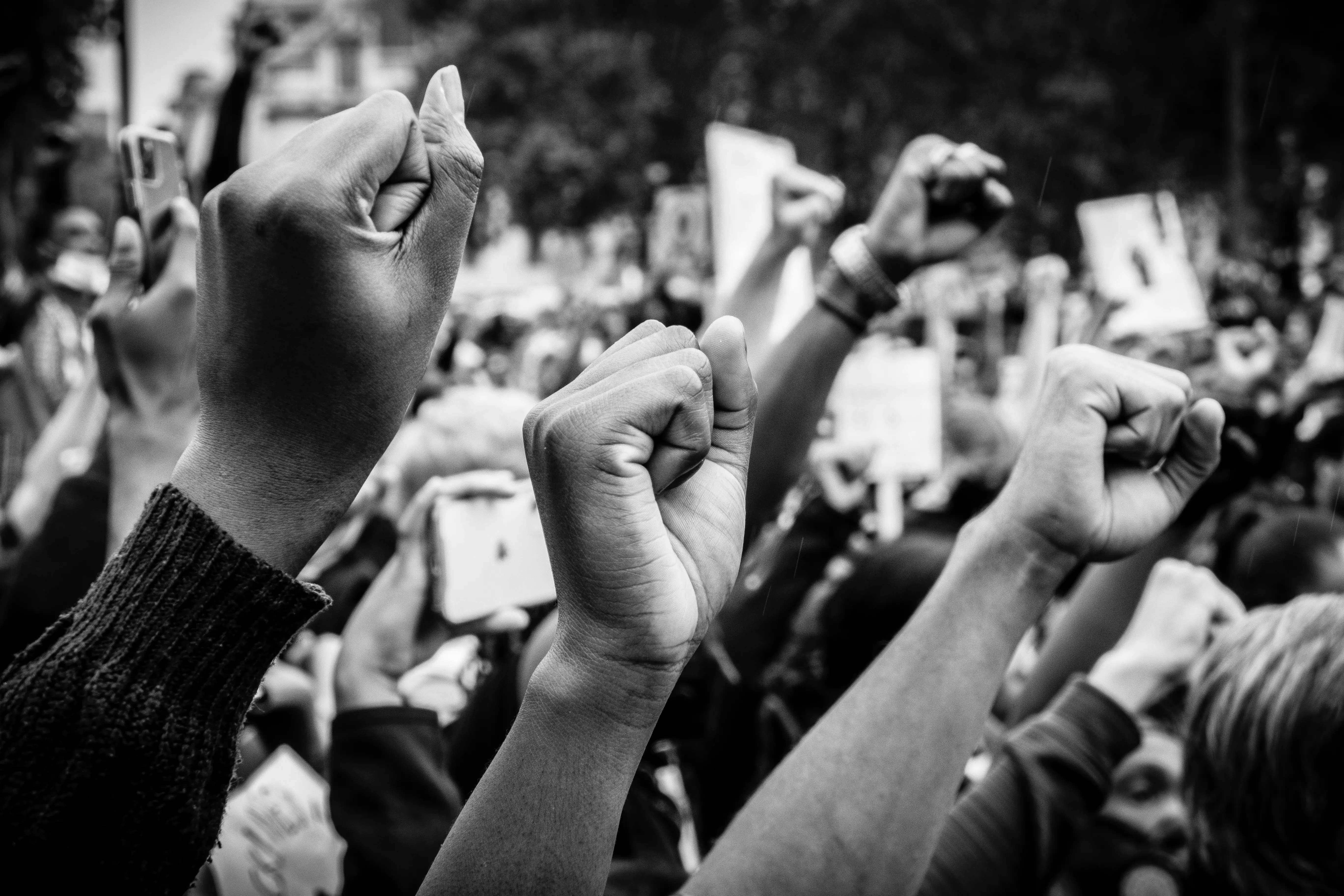Poet, author and civil rights activist Maya Angelou said, “Do the best you can until you know better. Then when you know better, do better.” We've been considering these words of wisdom as we unpack how our approach must continue to evolve.
The year 2020 taught us that we could do things differently. It revealed that to do things differently, we must analyze – and sometimes disrupt – our own ways of thinking, being and doing. Most importantly, it taught us that we do know better. Now, we must do better.
Our approach for responding to community needs in the midst of the COVID-19 pandemic has been to open as many doors as possible. Like many foundations, we increased our community investments in 2020 by 25% over our initial budget. In 2020, we provided $41.9 million to address the unfolding and longer-term implications of the pandemic across Colorado.
However, this moment in time was not just the story of a pandemic; it was the story of racial reckoning. This moment called necessary attention to the deeply entrenched racial inequities that have plagued communities of color since before the dawn of our nation. This moment called us to act.
We know people of color have historically and continue to face greater injustices that result in poor health outcomes. This knowing led the Foundation to affirm our commitment to racial justice as a key pathway to achieving health equity.
We saw 2021 as an opportunity to live more deeply into this commitment – to take what we know and do better. This commitment compelled us to identify opportunities for long-term systemic change – the change necessary to upend deep inequities that keep health out of reach, especially for Coloradans of color. Our Board approved a funding budget increase of up to 25% in 2021 allowing us to live into this commitment.
In 2021, we provided $8.9 million for COVID-related efforts and another $23 million in support for organizations led by and/or centered on people of color and deeply rooted in racial justice and health equity work – organizations that have historically not been afforded the same access to opportunities and resources that sustain their work. Examples of investments to organizations and/or groups working towards racial justice include:
- Fifteen investments awards through our Equity Collective Initiative to Colorado-based organizations led by people of color to develop their own strategic approaches and long-term direction for equity work.
- A program-related investment to support Life Span Local develop a community center in the Westwood neighborhood of Denver.
- Support for Native American and Indigenous-serving organizations and groups, such as:
- KSUT Public Radio to facilitate cross-generational dialogue and support community-driven solutions;
- Denver Indian Family Resource Center for homelessness prevention strategies; and
- First Nations Development Institute for culturally responsive funding to tribes and Native nonprofits.
The Foundation also invested $8.8 million since 2020 to support funds managed by intermediary grantmaking organizations that are deeply informed and shaped by impacted communities. These intermediaries have successfully leveraged their long-standing partnership with communities to address short- and long-term priorities focused on health equity, racial justice and economic well-being.
Yet, we know that funding alone cannot create the change we seek. We’re taking a deep dive across all of our impact tools – in ways that respond to the equity issues of today and will create lasting change for Coloradans tomorrow. This work requires a holistic approach and responsible stewardship of our assets. Examples of how we’re thinking more broadly about our approach include:
- Convenings: Our Colorado Health Symposium and At the Heart of the Matter virtual series elevate the tough but necessary conversations to ensure attention remains focused on the issues important to our work and those we serve. (Registration for the Symposium opens this May.)
- Engaging Spanish Speakers: We are developing a phased approach to cultivate inclusivity and belonging with Spanish speakers by increasing Spanish language access and supports. We’ve instituted Spanish translation, transcreation and interpretation services for some of our work, and are excited to more meaningfully connect with Spanish-speaking Coloradans through more of our work.
- Equitable Evaluation: Our Learning & Evaluation team believes learning is core to strategy, and evaluation is one way we gather data to inform our learning. The team deeply infuses principles of equity into both evaluation processes and outcomes, prioritizing participatory approaches, centering lived experience and taking a systems view.
- Impact Investing: We’ve invested over $106 million across 79 projects through our impact investing portfolio, including program-related investments and mission-related investments. These provide capital to organizations with a business or revenue model to finance, sustain and grow their initiatives, while attracting funding from other investors or building credit to qualify for commercial financing.
- Public Policy Advocacy: Our Public Policy team gathered perspectives from a wide range of advocacy organizations on how the institutions of Colorado’s state government operate and make public policy decisions. Our report on Colorado’s Policymaking Processes summarizes what we learned about opportunities to advocate for reforms that could make state policymaking more inclusive and responsive to the voices of Coloradans.
We’ve learned – and unlearned – much over the past two years, and we have even more room to grow. We understand now that to create meaningful impact we must explore new ways of thinking, being and doing. We know we aren’t always going to get it right. And when we get it wrong, we’re committed to learning forward – because now that we know better, we will do better.

